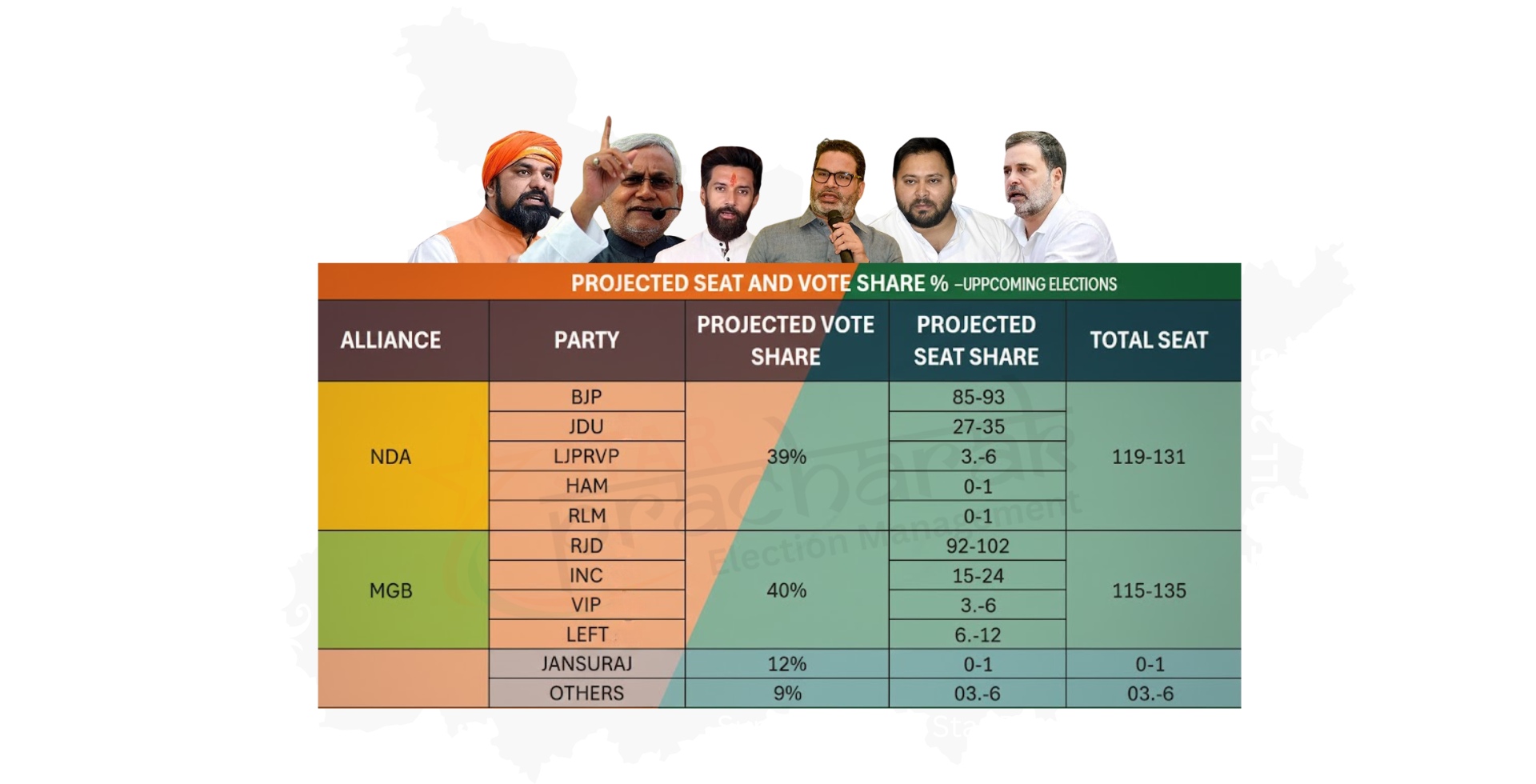Get Free Consultation!
We are ready to answer right now! Sign up for a free consultation.
I consent to the processing of personal data and agree with the user agreement and privacy policy
We are online 24/7
We are ready to answer right now! Sign up for a free consultation.
I consent to the processing of personal data and agree with the user agreement and privacy policy
Indian citizens who are 18 years of age or older on the qualifying date and possess a valid Voter ID card are eligible to vote in Indian elections. There may be additional requirements and qualifications for candidates contesting in the elections.
Members of Parliament (MPs) in India are elected through a direct election by eligible voters in their respective constituencies. The Lok Sabha elections are conducted using a first-past-the-post system, where the candidate who receives the highest number of votes in a constituency is declared the winner and becomes the MP for that constituency.
Members of Legislative Assembly (MLAs) in India are elected through a direct election by eligible voters in their respective constituencies. State Assembly elections are also conducted using a first-past-the-post system, similar to the Lok Sabha elections.
The Election Commission of India is an independent constitutional body responsible for conducting free, fair, and impartial elections in India. Its responsibilities include preparing electoral rolls, supervising the conduct of elections, enforcing the model code of conduct, and ensuring that elections are conducted in accordance with the rules and regulations set by the Constitution and relevant laws.
Election campaigns in India are funded through various sources, including political parties, individual donations, and other legal sources of funding. The Election Commission of India has set guidelines and limits on election expenditure and funding to ensure transparency and accountability in the election process.
The model code of conduct is a set of guidelines issued by the Election Commission of India that political parties, candidates, and government officials are expected to follow during elections. It includes guidelines related to campaigning, speeches, use of government resources, and conduct of political parties and candidates to ensure a level playing field and fair elections.
Yes, international observers can monitor Indian elections. The Election Commission of India allows international observers from recognized organizations and countries to observe the electoral process in India to ensure transparency and fairness.
Electoral misconduct in India is a serious offense and can result in penalties such as disqualification of candidates, cancellation of elections, fines, and imprisonment, as per the relevant laws and regulations.
After the completion of the counting of votes, the Election Commission of India announces the results of the elections. The winning candidates are declared based on the highest number of votes received in their respective constituencies, and they are officially sworn in as elected representatives once the results are certified.

We are ready to answer right now! Sign up for a free consultation.
I consent to the processing of personal data and agree with the user agreement and privacy policy

